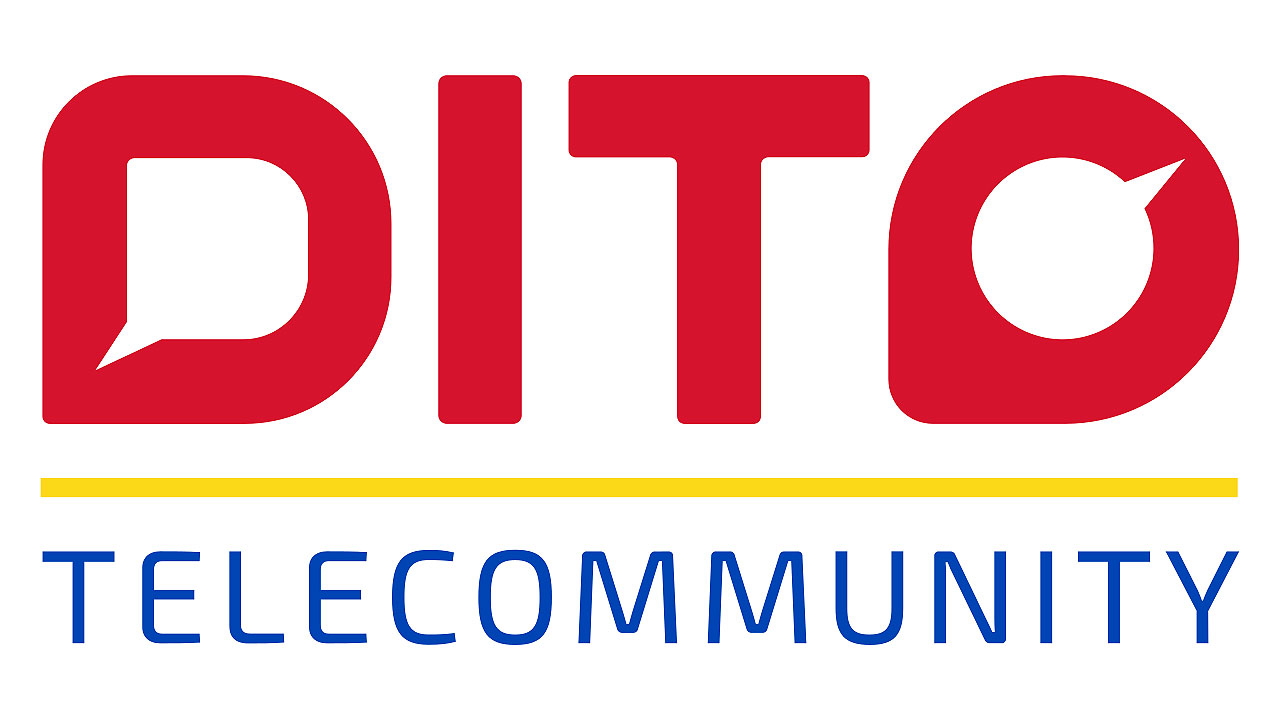DITO denies forum shopping, cites violation of laws

DITO Telecommunity Corp. has denied Smart Communications, Inc.’s accusation of “forum shopping” in its bid to increase interconnection capacity to allow phone calls from the customers of the third telco player.
“There is no forum shopping in this case as the petitions with the NTC (National Telecommunications Commission) are for violations of the Telecom Policy Act and the corresponding NTC Memorandum Circulars,” DITO Chief Administrative Officer Adel A. Tamano said in a statement released on Tuesday night.
Meanwhile, the complaints versus Smart and Globe Telecom, Inc. — filed with the Philippine Competition Commission (PCC) — “are anchored on violations of the Philippine Competition Act for abuse of dominant position,” he also said.
“Two very different causes of action, with different tribunals, which have distinct jurisdictions.”
According to Smart, DITO has requested “additional” interconnection capacity and has taken the matter — through a petition — to the NTC, “where it is pending.”
“DITO’s filing of the PCC complaint on the same subject-matter is blatant forum shopping,” Roy Cecil D. Ibay, Smart Communications vice-president for regulatory affairs, said in an e-mailed statement.
“In the NTC petition, DITO asked for extra capacity for interconnection, citing congestion and overutilization of trunks,” he said.
Smart said, “Before asking for extra capacity, DITO should first clamp down on its subscribers who have abused the interconnection framework to make fraudulent international calls to Smart subscribers under local rates.”
Mr. Tamano said that such “calls are not made by DITO.”
“Rather, these are fraudulent calls made by third parties — and DITO is equally a victim of such calls,” he noted.
“We have the data and the facts to show the steps undertaken by DITO to minimize these… calls.”
Mr. Ibay pointed out that DITO “should have instead acknowledged that PLDT, Smart’s parent company, was instrumental in helping DITO fulfill its commitments to the NTC and Congress as a third telco, considering that PLDT built for DITO a big portion of its telco infrastructure.”
“This was paid for by DITO; it was not done gratis et amore,” Mr. Tamano said, responding to Mr. Ibay.
“The building of that infrastructure was done in compliance with the legal mandate for interconnection and not to help DITO fulfill its commitments to the NTC and Congress,” he added.
‘RIGHT TO REFUSE’
In an e-mailed statement on Wednesday, Terry L. Ridon, a public investment analyst and convenor of think tank InfraWatch PH, said that the “failure of any telco to stop or limit ISR (international simple resale) gives other parties the right to refuse to deal with noncompliant contractual partners, as it compromises network security and integrity.”
“Interconnection, ISR, (and) network security are interrelated concerns, obligations and transactions of telecommunications companies,” he noted.
To show an abuse of dominant position, there needs to be a showing that “transactions are subject to other obligations that have no connection with specific transactions,” he also pointed out.
“In the case of interconnection and ISR, telcos should not be made to expand interconnection agreements with competitors who fail to stop or limit fraudulent calls to other networks, as expanding interconnection without curbing fraud will only increase the likelihood of more fraudulent calls at scale.”
He added that all telcos should instead focus on providing faster and reliable mobile internet.
“Government regulators should see through this litigation as serving very narrow commercial interests and not the public interest.”
According to DITO’s Mr. Tamano, the complaint filed with the PCC is part of its goal “to fulfill our mandate to provide true competition in the telecom industry and to ensure that the Filipino people are given world-class telco services that they rightfully deserve.”
Hastings Holdings, Inc., a unit of PLDT Beneficial Trust Fund subsidiary MediaQuest Holdings, Inc., has a stake in BusinessWorld through the Philippine Star Group, which it controls. — Arjay L. Balinbin



